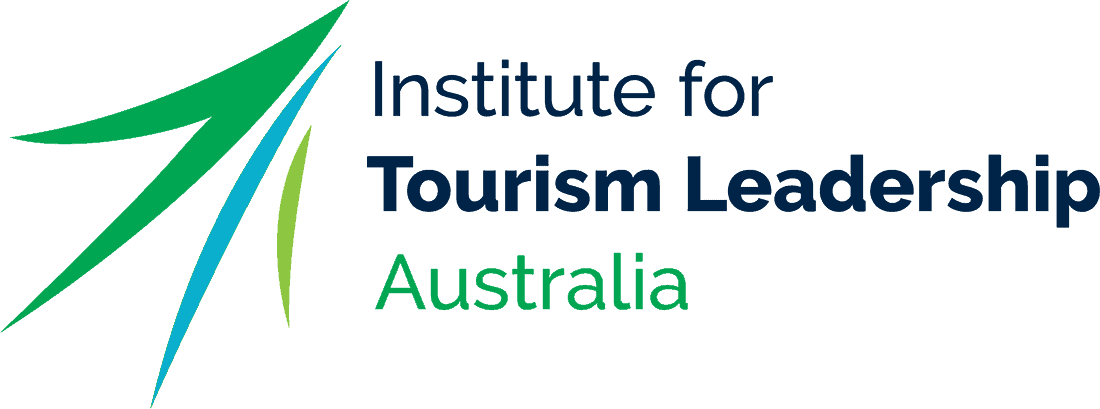Are Leaders Born Or Made?
One of the cool things about writing books is that you get to do interviews. It’s oddly fun to have strangers ask you questions that you have to then respond to off the top of your head. Kind of like business improv.
What makes it easier is that people tend to ask me a few questions over and over. By far the most common (in fact, I have yet to do an interview where this question wasn’t asked) is “Are leaders born or made?” Interestingly, I’ve noticed that most interviewers think they already know the correct answer: they believe leaders are born. That is, they assume that some people come into this world with a natural capacity to lead, and everybody else doesn’t, and there’s not much you can do about it.
What I’ve learned by observing thousands of people in business over the past 30 years, though, is that – like most things – leadership capability falls along a bell curve. Some people are, indeed, born leaders. These folks at the top of the leadership bell curve start out very good, and tend to get even better as they go along. Then there are the folks at the bottom of the curve: that bottom 10-15% of people who, no matter how hard they try, simply aren’t ever going to be very good leaders. They just don’t have the innate wiring.
Then there’s the big middle of the curve, where the vast majority of us live. And that’s where the real potential for “made” leaders lies. It’s what most of my interviewers assume isn’t true – when, in fact, it is: most folks who start out with a modicum of innate leadership capability can actually become very good, even great leaders.
So, what does it take? If I’m an OK leader, and I want to become a great leader, what do I do?
The single most powerful way to grow as a leader: Become truly self-aware.
This is, hands down, your biggest secret weapon in making yourself a great leader. Before I go on, please understand: I don’t mean self-involved. There are lots of “leaders” who are way, way too focused on themselves, their evolution, their drama, etc. etc. Becoming truly self-aware means to cultivate, on a daily basis, an accurate sense of how you show up in the world and what motivates you. For instance: What are your actualstrengths and weaknesses as a leader and as a person? What impact do you have on others? What do you care most about? What’s your moral compass, and do you use it as a guidance system? How closely do your actions line up with your promises?
Of the executives I’ve coached over the past two decades, I’d say that only about 25% of them are genuinely self-aware. The rest do not see themselves accurately – sometimes to an astonishing degree. Without exception, the more self-aware someone is, the easier he or she is to coach; the more improvable and better able to accept what they need in order to improve. When people who have low self-awareness want to grow, it’s like someone who wants to travel to New York and he thinks he’s starting in Philadelphia – but he’s actually in Botswana. The steps he would take to get to New York, thinking that he’s in Philly, will definitely not work for him (that pesky ocean is going to be a big shock).
To translate this into leadership development: let’s say that I think I have great relationship-building skills, when the truth of the matter is that people find me overbearing and insensitive. When someone suggests that I need to make real changes in this area in order to be a more effective leader, I’m unlikely to be open to that counsel.
I know of three simple (not easy, but simple) ways to dramatically improve your self-awareness:
1) Become a fair witness.
I’ve talked about this often in past posts. To be a fair witness means to report your experience as accurately and neutrally as possible. The more emotional attachment you have to something, the more challenging it is to be a fair witness of that thing; most of us are very emotionally attached to ourselves and our own success. “Fair witnessing” yourself is easiest if you take a mental step back and imagine that you are another person observing you: someone who sees you very clearly. Reflect on your actions, your strengths and weaknesses, your mistakes and successes, as though you are this impartial third party. What would he or she say about how you show up?
2) Invite feedback.
People who want to be fully self-aware know that none of us can see ourselves entirely clearly without the aid of others. It’s like trying to know what you look like without having a mirror. If you want to have a more accurate sense of how you are operating in the world, build a small group of people who know you well, see you clearly, want the best for you — and are willing to be drop-dead honest with you in the service of that. I’d also suggest that you take a look at some of the 360 leadership assessments available to you. I’m partial to our Accepted Leader Assessment, based on Leading So People Will Follow, but there are certainly other good ones out there, as well.
3) Listen.
I am a huge fan of the power of listening. I believe it’s foundational to success as a manager, as a leader, as a parent, spouse, colleague, human being. And it’s essential to true self-awareness. If you can learn to listen fully, without filtering what you hear through your pre-existing notions, you will find that everyone around you is continually giving you clues – both subtle and overt – about how you’re showing up, what they think of you, and how you’re impacting them.
As you become more self-aware, you’ll start to be able to to hone in on both your strengths as a leader (so you can make best use of them) and those areas where you can improve….and move yourself up the bell curve to great.
The original article can be found here.

